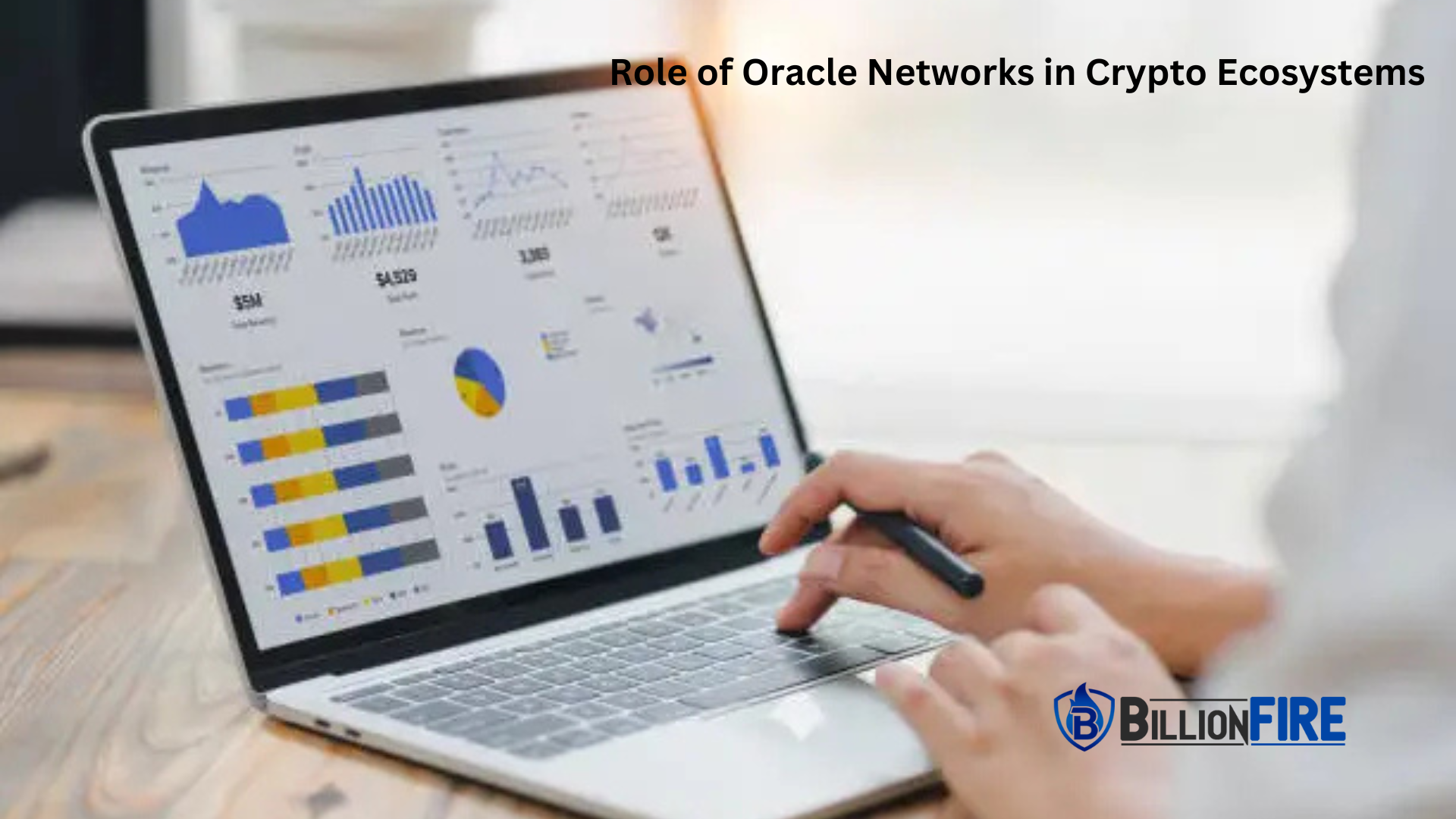Role of Oracle Networks in Crypto Ecosystems
Oracle networks play a crucial role in enabling smart contracts to interact with real-world data, making them essential to the functioning of decentralized finance (DeFi) and other blockchain-based applications. These networks bridge the gap between blockchain ecosystems and off-chain data sources, ensuring that smart contracts operate with accurate and reliable information.
What are Oracle Networks in Crypto Ecosystems?
Oracle networks are decentralized systems that provide external data to blockchain networks. Blockchains are isolated by design, meaning they cannot access information outside their network. Oracles solve this issue by feeding external data—such as asset prices, weather reports, or event outcomes—into smart contracts, making them useful for real-world applications.
How Oracle Networks Enable Smart Contract Functionality
The role of oracle networks in crypto ecosystems is fundamental to executing smart contracts. Smart contracts automatically execute when pre-set conditions are met, but they require accurate data to trigger these actions. Oracles act as intermediaries, delivering verified data to ensure smart contracts function correctly. For example, a smart contract for a decentralized insurance policy may rely on weather data from an oracle to process a claim.
Types of Oracle Networks and Their Functions
Oracle networks can be divided into several categories. Inbound oracles provide data from the real world to the blockchain, while outbound oracles send information from the blockchain to external systems. Decentralized oracles rely on multiple data sources to prevent manipulation, ensuring data integrity. Some oracles are computation-based, allowing them to process information before delivering it to the blockchain.
The Importance of Decentralization in Oracle Networks
Decentralization ensures that oracle networks remain trustless and secure, which is vital for blockchain ecosystems. A centralized oracle poses a single point of failure, making the network vulnerable to data manipulation or attacks. Decentralized oracle networks like Chainlink aggregate data from various sources, reducing the risk of manipulation and enhancing reliability.
Use Cases of Oracle Networks in DeFi and Beyond
Oracles play a pivotal role in the decentralized finance (DeFi) space. They provide real-time price feeds for stablecoins, lending platforms, and derivatives. Additionally, they support prediction markets by supplying event outcomes, and in NFT ecosystems, oracles verify off-chain data, such as sports statistics for digital collectibles.
Challenges Faced by Oracle Networks
While oracles offer essential functionality, they also face challenges such as data manipulation risks and latency issues. Bad actors could feed incorrect data to manipulate smart contracts. To mitigate this, oracle networks use cryptographic proofs and multiple data sources. Additionally, delays in fetching real-world data can cause synchronization problems in time-sensitive applications.
How Oracle Networks Enhance Blockchain Security and Efficiency
Oracle networks contribute to blockchain security by ensuring that accurate and tamper-proof data powers smart contracts. Efficient oracle networks also optimize performance by using layer-2 solutions and advanced consensus mechanisms, minimizing delays and reducing computational load on the main blockchain.
Conclusion
The role of oracle networks in crypto ecosystems is indispensable for the advancement of decentralized applications. These networks empower smart contracts by delivering real-world data, making them functional and relevant. As blockchain technology evolves, oracle networks will continue to be a vital component, driving innovation in areas such as DeFi, NFTs, and enterprise blockchain solutions.

